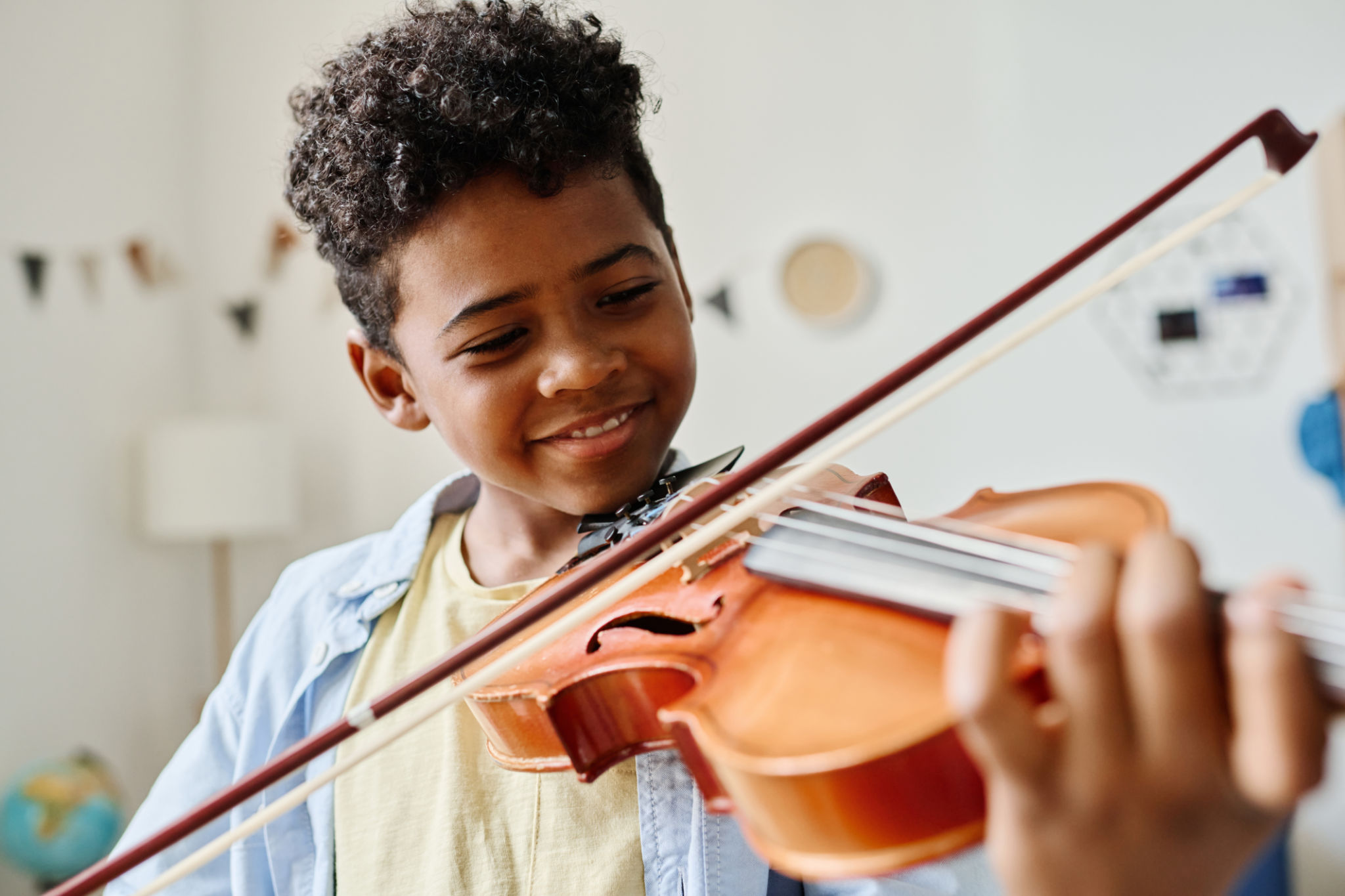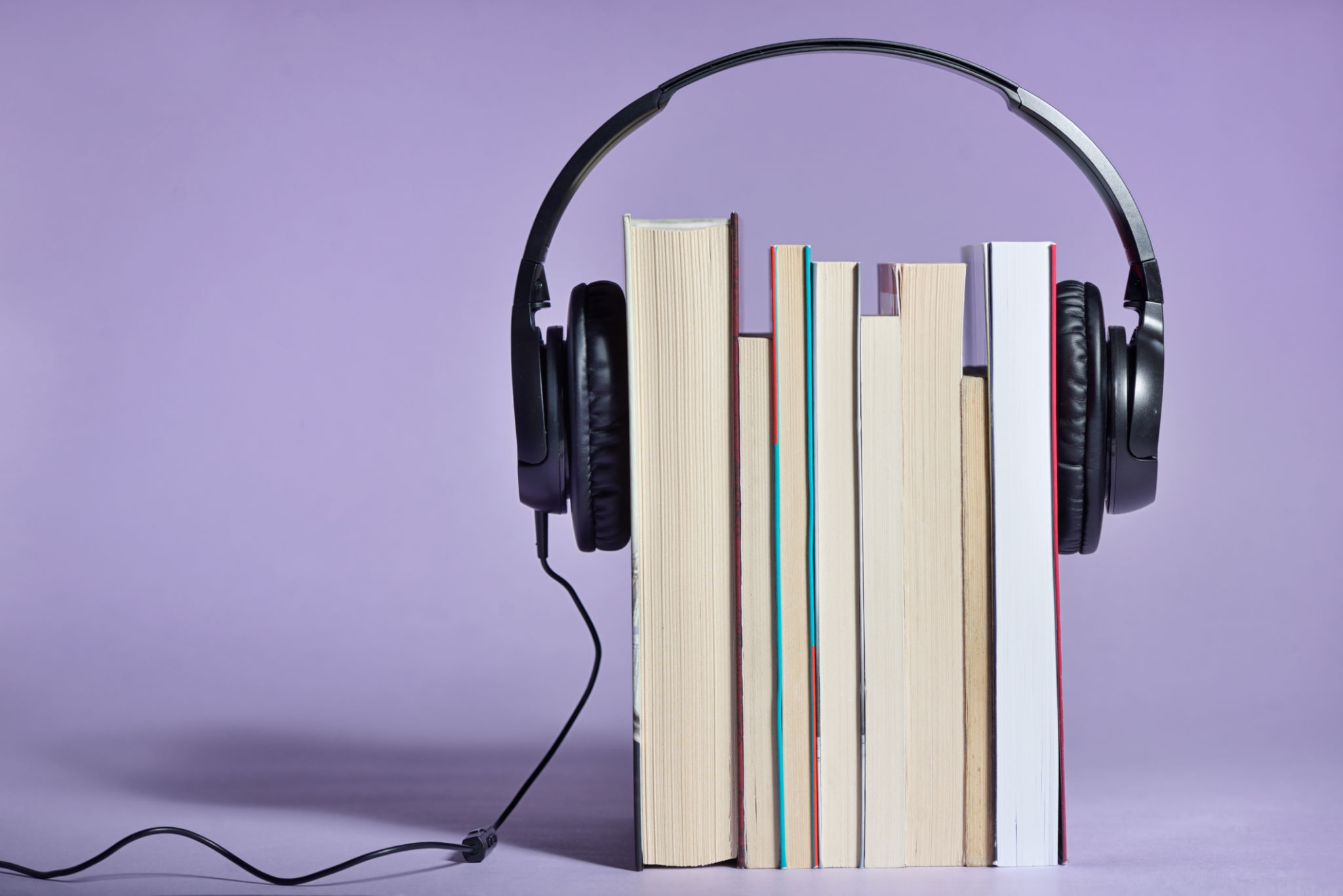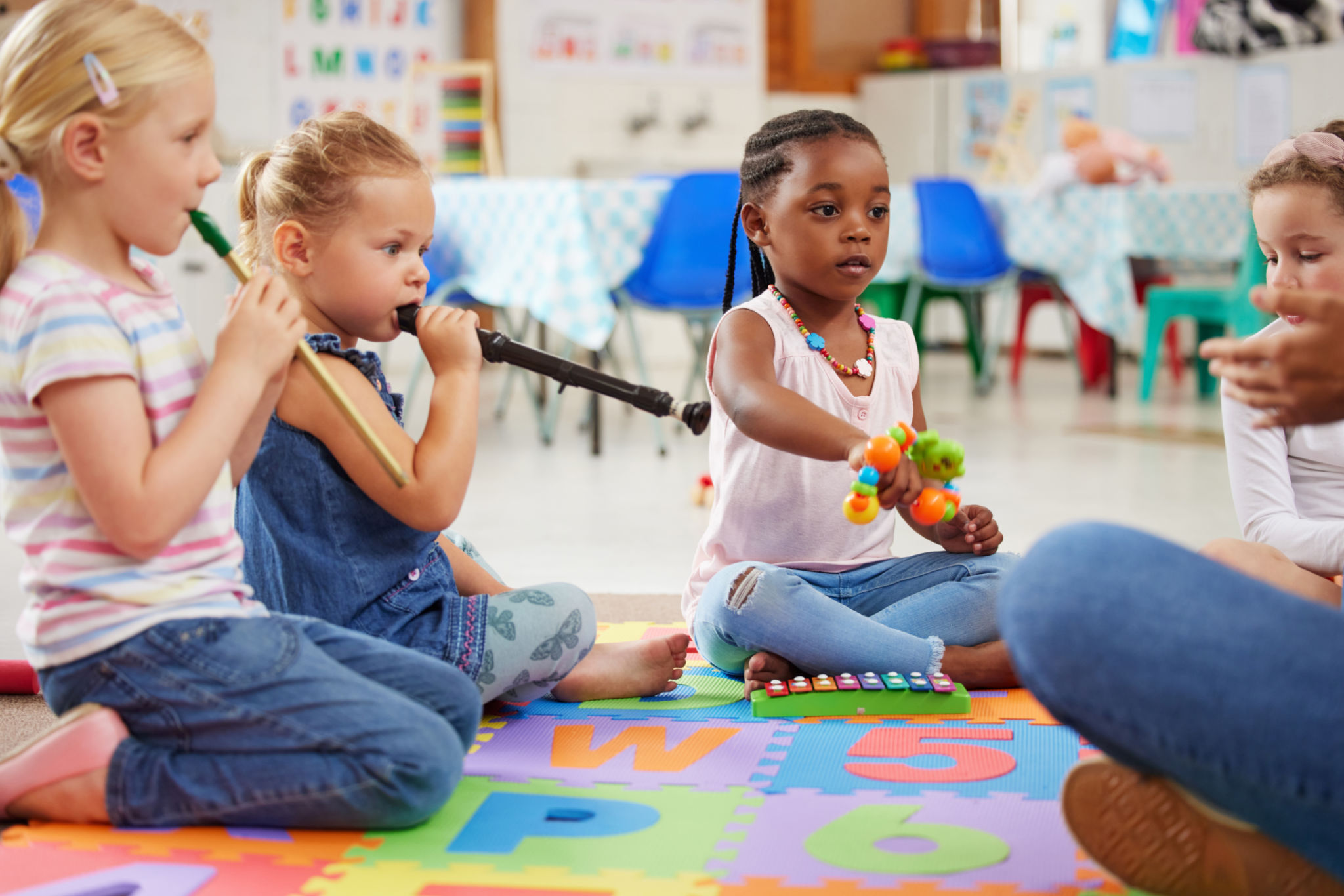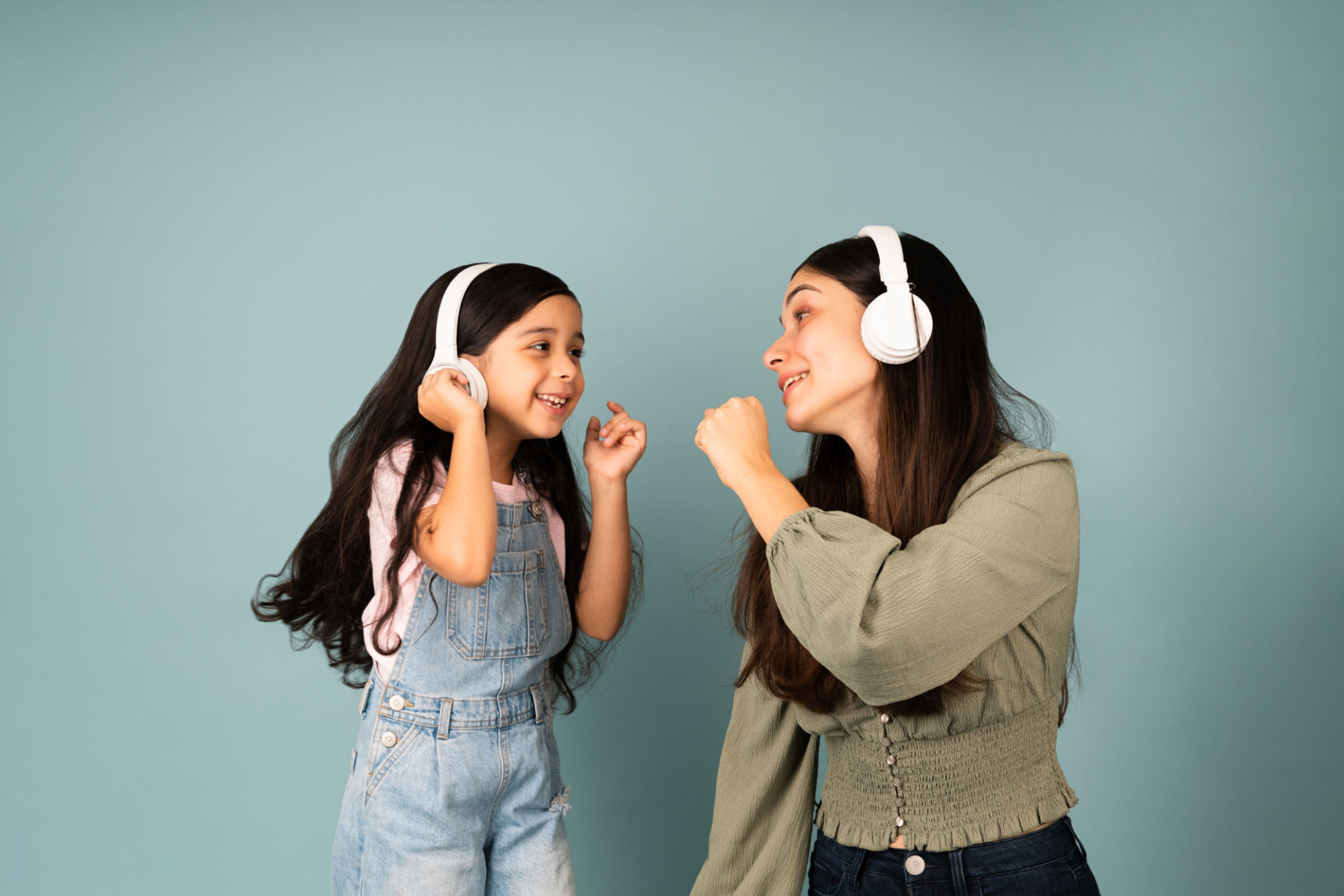Innovative Teaching Methods for Young Musicians: A Guide for Parents
Understanding the Need for Innovation in Music Education
Teaching music to young musicians goes beyond traditional methods of instruction. As parents, understanding the evolving landscape of music education can greatly benefit your child's learning experience. Modern approaches not only engage children but also cater to various learning styles, making it easier for them to grasp complex concepts.
Recognizing the importance of these innovative methods can help parents support their child's musical journey more effectively. By embracing new techniques, young musicians can develop a deeper appreciation and understanding of music.

Integrating Technology into Music Lessons
Technology has become an integral part of music education. Interactive apps and online platforms offer personalized lessons that adapt to a child's progress, making learning more engaging. These tools often include games and challenges that make practice sessions enjoyable and rewarding.
Additionally, virtual lessons expand access to high-quality instruction from expert teachers worldwide. This flexibility allows children to receive lessons tailored to their specific needs, regardless of geographical location.
Incorporating Creative Techniques
Beyond technology, many educators are incorporating creative techniques to enhance the learning experience. For instance, using storytelling to teach musical concepts helps children relate to the material on a personal level. This method not only makes lessons more memorable but also encourages creative thinking.

Another approach is integrating movement and dance into lessons. This technique is particularly effective for young learners, as it combines physical activity with musical understanding, fostering a holistic learning experience.
The Role of Group Learning
Group lessons and ensemble participation provide young musicians with valuable social interaction and teamwork skills. Playing music alongside peers encourages collaboration and helps students learn to listen and respond to others, essential skills for any musician.
Group settings also offer opportunities for peer feedback, allowing students to support each other's growth while developing critical listening skills. This collaborative environment often leads to increased motivation and enthusiasm for learning.

Emphasizing Improvisation and Composition
Encouraging young musicians to improvise and compose their own music fosters creativity and self-expression. These activities allow children to apply theoretical knowledge in a practical context, enhancing their overall musical understanding.
Parents can support this aspect of learning by providing opportunities for their child to experiment with different instruments and sounds at home. This exploration can lead to a lifelong love of music and creativity.
Supporting Your Child's Musical Journey
As a parent, staying informed about innovative teaching methods can make a significant difference in your child's musical development. By advocating for these approaches in their education, you help cultivate an environment where young musicians can thrive.

Engage with your child's instructors and explore the various resources available to ensure that their learning experience is both effective and enjoyable. Your support and encouragement play a crucial role in nurturing their talent and passion for music.